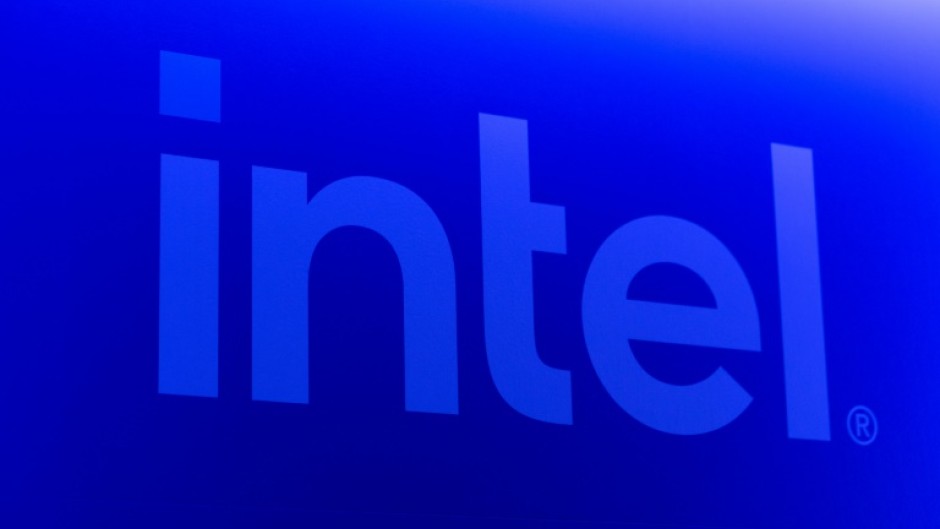
SAN FRANCISCO - The crucial semiconductor industry that powers everything from personal computers, smartphones to fighter jets, suffered a dismal first quarter as demand plummeted for chips.
Intel on Thursday posted a massive fall in sales for the first quarter of 2023 because of a steep drop in the demand for semiconductors, especially those for PCs.
Rising prices, a global chip glut and poor demand for hardware also punished Intel's rival Samsung Electronics, which earlier on Thursday reported its worst quarterly profits in 14 years.
Intel's revenue fell 36 percent to $11.7-billion in the three-month period and the semiconductor giant posted a loss of $2.8-billion, its biggest ever for a quarter.
The loss and sales collapse were slightly less catastrophic than expectations, and the stock rallied three percent in post-session trading.
"Intel is heavily dependent on the PC market and as we still seem to be seeing a slowdown in the PC market, consumer PCs especially, I would expect Intel to be having challenges," said Alan Priestley, an analyst at Gartner.
Intel is one of the world's leading semiconductor makers that makes a wide range of products, including the latest generation chips along with Taiwan's TSMC and South Korea's Samsung.
It was also affected by falling demand for chips that power data centres and is struggling to compete with Nvidia for the semiconductors that undergird ChatGPT-style generative AI, a major new and chips-hungry sector for the industry.
In South Korea, Samsung Electronics' chip division reported 4.58 trillion won ($746-million) in losses, its first operating loss since 2009 -- when the world was emerging from the 2008 financial crisis.
The chips industry -- which also serves the military or increasingly connected household appliances -- is well-known for its volatility, with demand and supply see-sawing with the dips and rises in the world economy.
Its central role in the global supply chain became clear during the height of the Covid pandemic.
Lockdowns and health restrictions diminished production out of Asia, leaving surging demand for chips unmet just as everyone turned online for work, shopping and entertainment.

